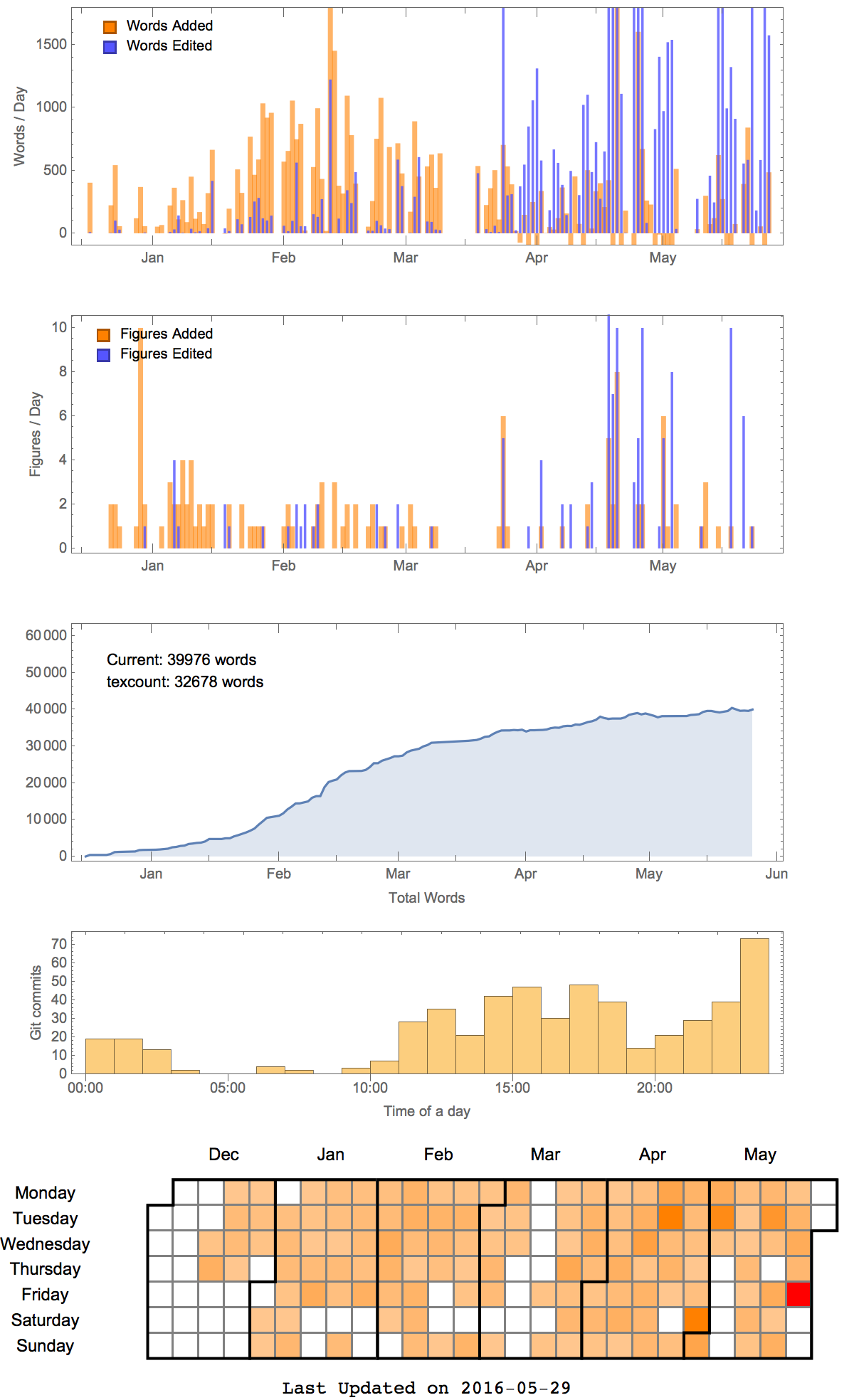PhD thesis
“Hydrodynamic interactions in narrow channels”
PhD supervisor: Ulrich F. Keyser
Examiners: Daan Frenkel, Lydéric Bocquet
Abstract. Particle-particle interactions are of paramount importance in every multi-body system as they determine the collective behaviour and coupling strength. Many well-known interactions like electro-static, van der Waals or screened Coulomb, decay exponentially or with negative powers of the particle spacing r. Similarly, hydrodynamic interactions between particles undergoing Brownian motion decay as 1/r in bulk, and are assumed to decay in small channels. Such interactions are ubiquitous in biological and technological systems. Here I confine multiple particles undergoing Brownian motion in narrow, microfluidic channels and study their coupling through hydrodynamic interactions. Our experiments show that the hydrodynamic particle-particle interactions are distance-independent in these channels. We also show that these interactions affect actively propelled particles via electrophoresis or gravity, resulting in non-linear transport phenomena. These findings are of fundamental importance for understanding transport of dense mixtures of particles or molecules through finite length, water-filled channels or pore networks.
A copy is available via University of Cambridge, Apollo repository:
https://doi.org/10.17863/CAM.33601
Tracking thesis writeup
Writing my thesis took me a little over 5 months. I am grateful to my family, friends, and my PhD supervisor who supported me in this journey. To keep everyone informed I was tracking my progress, including words added each day, edits, figures added. Here is the final graph

Fig. 1. Tracking my thesis writeup. In the calendar view, final red entry indicates submission day.
The first panel indicates the new words added and edited each day. The start was slow since I had to analyse some data and to make many new figures. Fortunately, by February I was writing at full speed. Around April I started editing my thesis.
The third panel shows the total word count over time. The “current” counter included comments, footnotes, captions and tex syntax, while the"texcount" includes only words in the body of the thesis.
The fourth panel shows a histogram of my git comits for different times of the day. There is a bias towards evening because git commits were done after performing the work, never before. The spike just before midnight is caused by me committing the changes to be included in that days count.
Finally, the fifth panel shows a calendar heat map of my git commits. The white spots indicate my days off where I have not submitted a single word. I took 28 days off writing in that period (which includes two conferences). I submitted the draft on 29th of May, 2016 🎉.
on